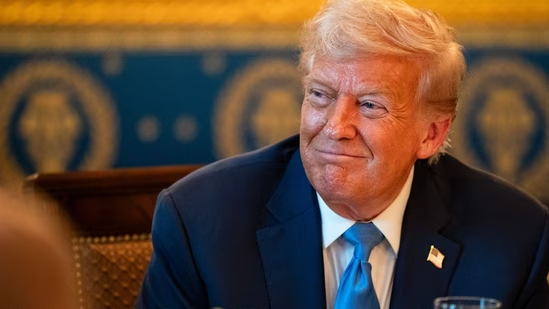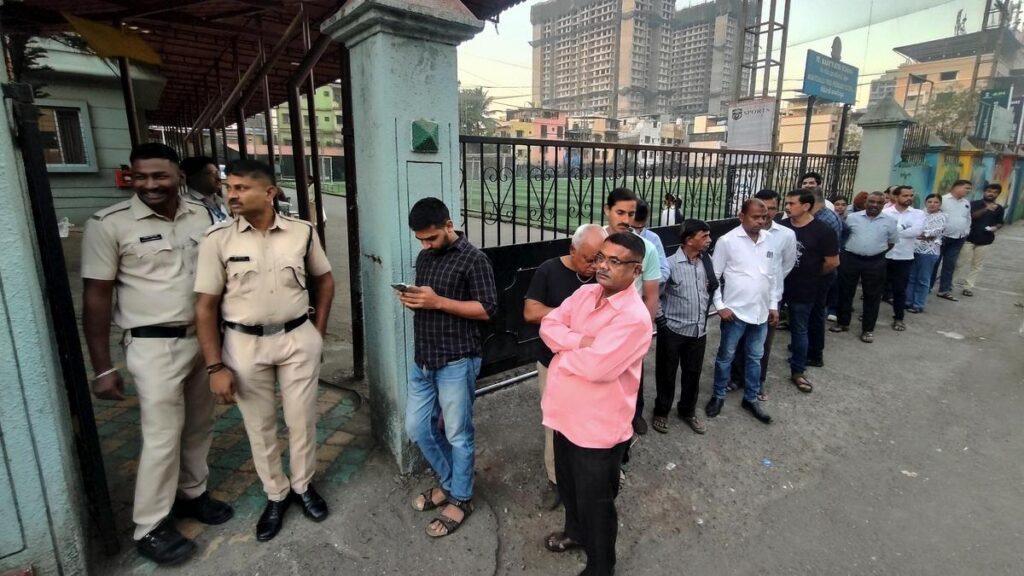Now Reading: Donald Trump Imposes Fresh Tariffs on 14 Countries: What It Means for Global Trade and India
-
01
Donald Trump Imposes Fresh Tariffs on 14 Countries: What It Means for Global Trade and India
Donald Trump Imposes Fresh Tariffs on 14 Countries: What It Means for Global Trade and India

In a bold move likely to reshape international trade equations, former US President Donald Trump has announced fresh tariffs on 14 countries, including Myanmar and Laos, with some duties going as high as 40%. The move, seen as a protectionist shift ahead of the upcoming US elections, is expected to trigger a ripple effect across global markets — including implications for Indian exporters.
What Are These New Tariffs?
The new tariff plan involves increased import duties on goods from select countries that the US accuses of unfair trade practices or geopolitical misalignment. Myanmar and Laos have been hit with a 40% tariff, while other nations face varying levels of duty hikes depending on the nature of their trade relations with the US.
Trump has argued that these measures will protect American jobs and industries from cheap imports and manipulation of trade policies by foreign governments.
Why This Matters Globally
The sudden imposition of steep tariffs is likely to disrupt international supply chains, especially in industries such as electronics, garments, and raw materials. Many of the targeted nations are involved in low-cost manufacturing that feeds into the US consumer market.
Trade tensions are expected to rise as countries affected by these tariffs may retaliate with countermeasures, potentially leading to a new wave of trade disputes.
Impact on India and Tier 2 Export Hubs
While India is not directly named in this round of tariffs, the broader impact may still be felt. Indian exporters, especially those in Tier 2 cities like Surat (textiles), Ludhiana (apparel), and Moradabad (handicrafts), could see shifting demand dynamics.
With supply gaps emerging from the targeted countries, Indian businesses might find new opportunities to fill those voids — but only if they can meet US regulatory and pricing standards quickly. On the flip side, any wider trade war scenario may lead to global uncertainty, affecting India’s export-dependent MSMEs.
Business and Political Reactions
The move has drawn mixed reactions. Some US businesses have welcomed the protectionist stance, while others fear rising costs and reduced competitiveness. Global economic analysts warn that such policies may bring short-term political gain but long-term disruption.
Indian trade bodies have urged exporters to stay informed and agile, exploring alternative markets and partnerships to stay resilient amid unpredictable shifts.
Conclusion
Donald Trump’s latest tariff push may mark the beginning of another turbulent chapter in global trade. While India is not an immediate target, the aftershocks could open both risks and new doors for Indian industries — especially in smaller cities that are fast emerging as export powerhouses. Staying alert and adaptable will be key as the world watches how this economic chess game unfolds.

























